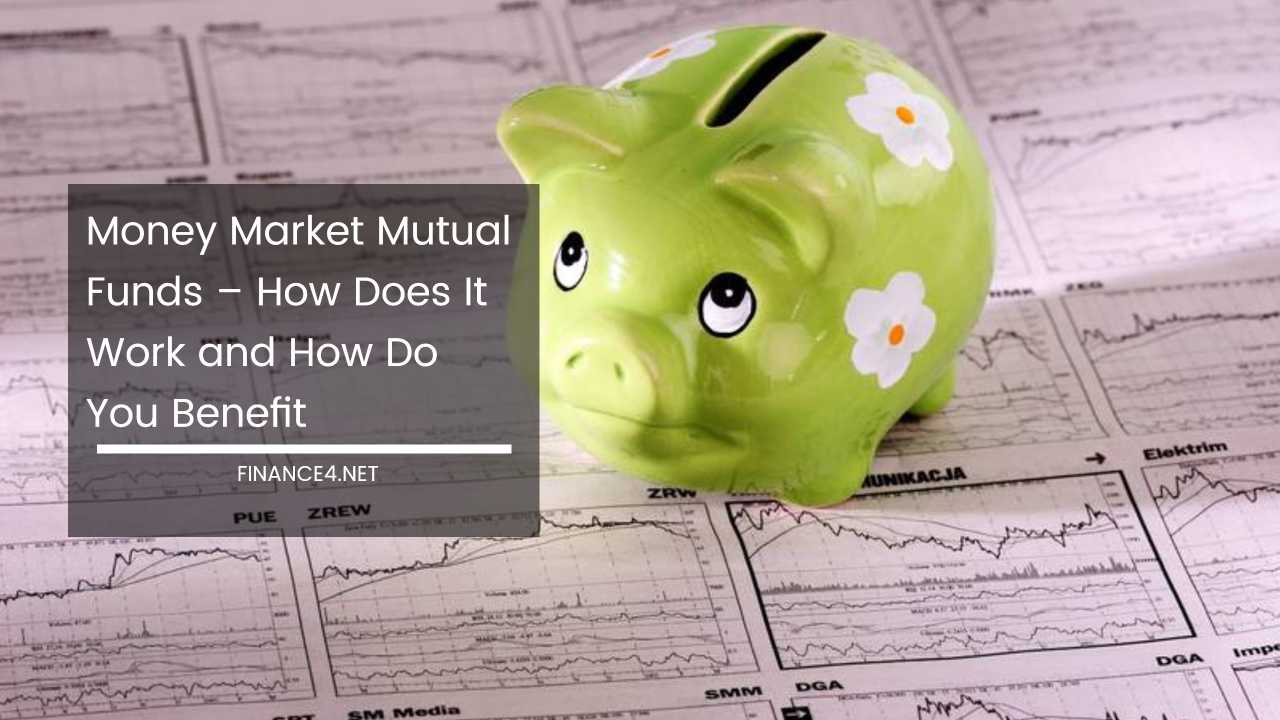Investing in Sustainable and Ethical Funds: A Comprehensive Guide

Investing in Sustainable
In recent years, there has been a growing interest in investing with a conscience, where investors seek to align their financial goals with their values and contribute to a more sustainable and ethical world.
Sustainable and ethical funds, also known as socially responsible or impact funds, have gained popularity as investors increasingly prioritize environmental, social, and governance (ESG) factors in their investment decisions.
This comprehensive guide explores the concept of sustainable and ethical investing, the benefits and challenges of such funds, and practical steps for investors looking to build a portfolio that generates positive impact while pursuing financial returns.
1. Understanding Sustainable and Ethical Investing
Sustainable and ethical investing is a strategy that aims to generate positive social and environmental impact alongside financial returns. Investors seek out companies and funds that are committed to sustainable practices, responsible governance, and positive societal contributions.
These investments often support initiatives related to climate change, renewable energy, social equality, ethical business practices, and more.
Sustainable and ethical investing goes beyond merely avoiding investments in controversial industries such as tobacco, weapons, or fossil fuels.
Instead, it focuses on proactively supporting businesses that actively contribute to a sustainable future and address global challenges.
2. The Rise of ESG Criteria in Investing
Environmental, social, and governance (ESG) criteria have become essential factors for investors evaluating companies and funds.
ESG criteria consider a wide range of factors, such as a company’s carbon footprint, diversity and inclusion policies, board diversity, labor practices, data security, and corporate governance.
Investors increasingly recognize that companies with strong ESG practices are better positioned to manage risks, adapt to changing market dynamics, and achieve long-term success.
As a result, ESG considerations have become central to sustainable and ethical investing.
3. Benefits of Sustainable and Ethical Funds
Investing in sustainable and ethical funds offers several compelling benefits:
a) Positive Impact:
Sustainable and ethical funds direct capital towards companies that are actively addressing environmental and social challenges.
By investing in such funds, investors can contribute to positive change and support businesses that prioritize sustainability and social responsibility.
b) Alignment with Values:
Sustainable and ethical investing allows investors to align their financial decisions with their personal values and beliefs.
It provides an opportunity to avoid investments in industries or practices that contradict an individual’s principles.
c) Long-Term Focus:
Companies that prioritize sustainability and ethical practices tend to have a long-term focus.
By investing in these firms, investors may benefit from businesses that are more resilient, adaptive, and better prepared for the challenges of the future.
d) Enhanced Risk Management:
Companies with strong ESG practices often exhibit better risk management, as they are more attuned to potential risks and opportunities related to environmental and social factors. Investing in such companies may reduce portfolio risk.
e) Competitive Financial Returns:
Sustainable and ethical funds have demonstrated competitive financial performance over time. Research has shown that companies with strong ESG practices can outperform their peers in the long run.
4. Types of Sustainable and Ethical Funds
Sustainable and ethical funds come in various forms, catering to different investor preferences and goals. Some common types of sustainable and ethical funds include:
a) ESG Integration Funds:
These funds incorporate ESG factors into their investment analysis and decision-making processes. They aim to identify companies with strong ESG performance while seeking competitive financial returns.
b) Impact Investing Funds:
Impact investing funds focus on generating measurable positive social and environmental impact alongside financial returns. These funds invest in companies or projects that address specific social or environmental challenges.
c) Divestment Funds:
Divestment funds avoid investments in specific industries or companies that do not align with sustainable and ethical principles. For example, some funds may exclude fossil fuel-related industries or those with poor human rights records.
d) Green Bond Funds:
Green bond funds invest in bonds issued by governments or companies for projects with environmental benefits, such as renewable energy, energy efficiency, or sustainable infrastructure.
e) Community Development Funds:
Community development funds invest in projects that promote economic development and social progress in underserved communities.
5. Evaluating Sustainable and Ethical Funds
When evaluating sustainable and ethical funds, investors should consider the following factors:
a) ESG Integration:
Determine how the fund integrates ESG factors into its investment approach. Look for funds that have a clear and well-defined ESG methodology.
b) Performance and Track Record:
Evaluate the fund’s historical performance and track record. While past performance does not guarantee future results, it can provide insights into the fund’s ability to deliver competitive returns.
c) Diversity of Holdings:
Assess the fund’s holdings to ensure diversification across various sustainable industries and sectors. A well-diversified portfolio can reduce concentration risk.
d) Expense Ratios:
Consider the fund’s expense ratio, which represents the annual cost of investing in the fund. Lower expense ratios can enhance overall returns.
e) Impact Measurement:
For impact investing funds, look for clear metrics and reporting on the fund’s impact outcomes. Transparency in impact measurement is essential for accountability.
6. Challenges of Sustainable and Ethical Investing
While sustainable and ethical investing offers numerous benefits, it also comes with certain challenges:
a) Limited Universe of Investments:
The universe of sustainable and ethical investments may be smaller than that of traditional investments. As such, investors may face limited options in certain sectors.
b) Performance Variability:
Sustainable and ethical funds may exhibit performance variability compared to traditional funds. Some investors may prioritize financial returns over impact and may not see immediate benefits from sustainable investments.
c) Impact Measurement Complexity:
Measuring the exact impact of sustainable investments can be complex. While many funds provide impact reports, quantifying specific social or environmental outcomes can be challenging.
d) Subjectivity of ESG Criteria:
ESG ratings and assessments can be subjective, as different rating agencies may use varying criteria and methodologies.
7. Building a Sustainable and Ethical Investment Portfolio
To build a sustainable and ethical investment portfolio, investors should consider the following steps:
a) Define Investment Goals:
Clarify your financial goals and risk tolerance. Determine the level of impact you want to achieve with your investments.
b) Research Sustainable Funds:
Conduct thorough research to identify sustainable and ethical funds that align with your investment objectives.
c) Diversify Your Portfolio:
Diversification is essential in sustainable investing, just as it is in traditional investing. Spread your investments across different asset classes and sectors to manage risk effectively.
d) Consult with Financial Advisors:
Seek guidance from financial advisors or experts with expertise in sustainable and ethical investing. They can help tailor an investment strategy that aligns with your values and financial goals.
e) Stay Informed:
Stay updated on developments in sustainable investing, ESG trends, and industry advancements. The landscape of sustainable and ethical investing is continually evolving, and staying informed can lead to more informed decisions.
Final Remarks
Investing in sustainable and ethical funds offers a unique opportunity for investors to align their financial goals with their values and contribute to positive social and environmental change.
By integrating ESG factors into investment decisions, investors can support companies that prioritize sustainability and responsible business practices.
While sustainable and ethical investing may come with challenges, the potential for positive impact and competitive financial returns makes it an increasingly attractive choice for investors seeking to make a difference in the world through their investments.
Frequently Asked Questions (FAQ) – Investing in Sustainable and Ethical Funds
Q1: What are sustainable and ethical funds?
A1: Sustainable and ethical funds, often known as ESG (Environmental, Social, and Governance) funds, invest in companies and assets that prioritize environmental and social responsibility while maintaining good governance practices.
Q2: How do sustainable and ethical funds differ from traditional investment funds?
A2: Sustainable funds actively screen and select investments based on ESG criteria, focusing on sustainability, ethical practices, and responsible business conduct, whereas traditional funds may not consider these factors.
Q3: What are the potential benefits of investing in sustainable and ethical funds?
A3: Benefits include aligning your investments with your values, promoting positive change, potentially lower risk due to ESG screening, and the potential for competitive financial returns.
Q4: How can I assess a fund’s sustainability and ethical criteria?
A4: Look for fund documentation or prospectuses that detail their ESG approach, holdings, and impact metrics. You can also research the fund manager’s reputation and track record.
Q5: Are returns from sustainable and ethical funds competitive with traditional funds?
A5: While returns can vary, sustainable funds have shown competitive performance. Their focus on responsible practices can also mitigate certain risks in the long run.
Q6: Can I customize my investments within sustainable and ethical funds?
A6: Some funds allow customization based on your values or preferences. You can often choose funds that align with specific ESG themes or industries.
Q7: How can I invest in sustainable and ethical funds?
A7: Consult with a financial advisor or use an online brokerage platform to research and invest in these funds. Ensure the chosen funds align with your sustainability goals.
Q8: Do sustainable funds only invest in green or renewable energy companies?
A8: No, sustainable funds cover a broad range of industries and sectors. They consider a company’s overall impact on ESG factors, not just its industry.
Q9: Are sustainable and ethical funds suitable for all investors?
A9: They can be suitable for many investors, but it depends on your financial goals and values. Consider your risk tolerance, investment horizon, and objectives before investing.
Q10: How can I stay informed about my sustainable fund investments?
A10: Regularly review fund performance, read ESG reports, and stay updated on the fund’s investments and any changes in their sustainability strategies.
Investing in sustainable and ethical funds allows you to contribute positively to society while potentially achieving your financial goals. Research and due diligence are essential to make informed investment choices that align with your values.



